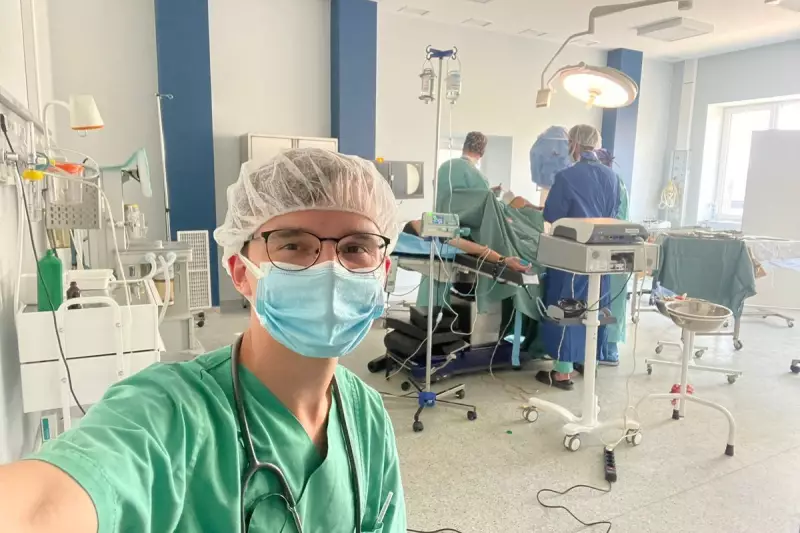
In a remarkable medical breakthrough that's capturing international attention, British researchers have discovered that Botox—commonly associated with cosmetic procedures—could transform pain management for war amputees from Ukraine.
The Revolutionary Discovery
A comprehensive study conducted by UK medical professionals has revealed that Botulinum Toxin (Botox) injections can dramatically alleviate the debilitating phantom limb pain experienced by Ukrainian soldiers and civilians who lost limbs in the ongoing conflict.
The research, which examined numerous patients suffering from persistent phantom pain, demonstrated that targeted Botox injections provided significant and lasting relief where traditional pain medications had failed.
How Botox Transforms Pain Management
Phantom limb pain affects approximately 80% of amputees, creating sensations ranging from mild tingling to excruciating pain in limbs that no longer exist. Conventional treatments often provide limited relief, leaving many patients in constant discomfort.
The UK study found that Botox works by blocking nerve signals that cause these painful phantom sensations. Patients reported substantial improvement within days of treatment, with effects lasting several months—far longer than most existing therapies.
Hope for Ukrainian War Victims
This discovery comes at a critical time for Ukraine, where thousands have undergone amputations due to war-related injuries. The psychological and physical toll of phantom pain has compounded the challenges faced by these brave individuals.
One participating patient described the treatment as "life-changing," noting that for the first time since his injury, he could sleep through the night without being awakened by searing pain in his missing limb.
Future Implications for Pain Medicine
Medical experts believe this application of Botox could revolutionise pain management worldwide. The treatment offers a non-addictive alternative to opioid medications, addressing both pain relief and the ongoing opioid crisis.
Researchers are now exploring how this therapy could benefit other patients suffering from neuropathic pain conditions beyond phantom limb syndrome.
The success of this UK-led study highlights the continuing importance of medical innovation in addressing the complex healthcare challenges arising from global conflicts.





